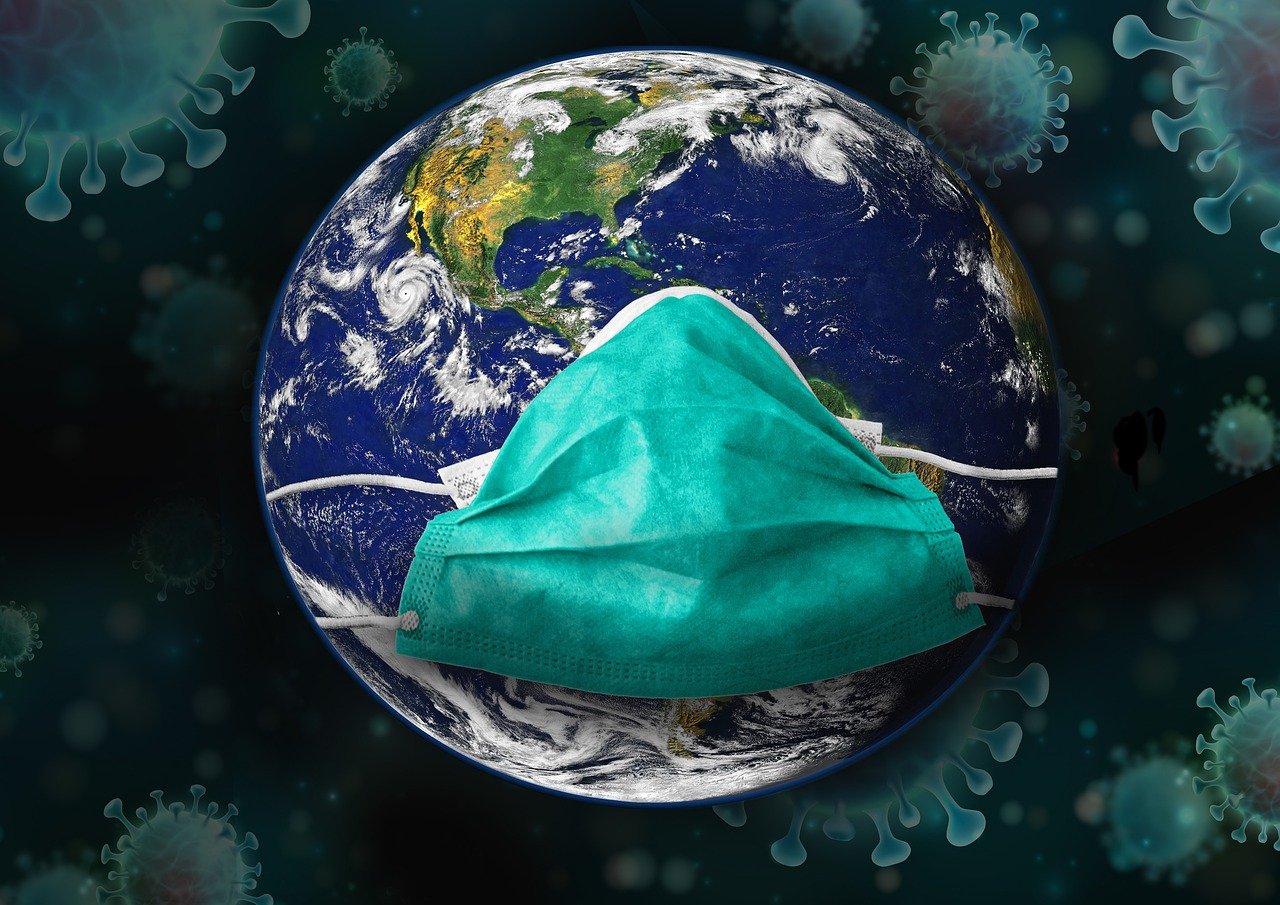The Moral Danger of Declaring the Pandemic Over Too Soon
By Gregg Gonsalves,
The New York Times
| 02. 17. 2022
The early 1990s were in many ways the most terrible of those first years of the AIDS epidemic in America. Research on the disease was in high gear, but drug after drug failed to stop H.I.V. Funerals for friends and family in their 20s, 30s, 40s and 50s continued unabated, and many of us at risk for getting sick had given up hope of a normal life. My friends and I, most of us just a few years out of college, lived in the moment because we weren’t sure of how much time we had left.
My cousin Carl died from AIDS-related lymphoma in July 1995. That was also the year I found out that I, too, was H.I.V. positive. I wondered if Carl’s fate might be my own soon enough.
But then we got lucky. In 1996 a new generation of treatments called protease inhibitors emerged that were able to control H.I.V. Doctors talked about the Lazarus effect: watching their patients go from near death to health. I enrolled in a clinical trial and started taking the drugs that...
Related Articles
By Teddy Rosenbluth, The New York Times | 02.09.2026
Dr. Mehmet Oz has urged Americans to get vaccinated against measles, one of the strongest endorsements of the vaccine yet from a top health official in the Trump administration, which has repeatedly undermined confidence in vaccine safety.
Dr. Oz, the...
By Ava Kofman, The New Yorker | 02.09.2026
1. The Surrogates
In the delicate jargon of the fertility industry, a woman who carries a child for someone else is said to be going on a “journey.” Kayla Elliott began hers in February, 2024, not long after she posted...
By Alex Polyakov, The Conversation | 02.09.2026
Prospective parents are being marketed genetic tests that claim to predict which IVF embryo will grow into the tallest, smartest or healthiest child.
But these tests cannot deliver what they promise. The benefits are likely minimal, while the risks to...
By Lauren Hammer Breslow and Vanessa Smith, Bill of Health | 01.28.2026
On Jan. 24, 2026, the New York Times reported that DNA sequences contributed by children and families to support a federal effort to understand adolescent brain development were later co-opted by other researchers and used to publish “race science”...




